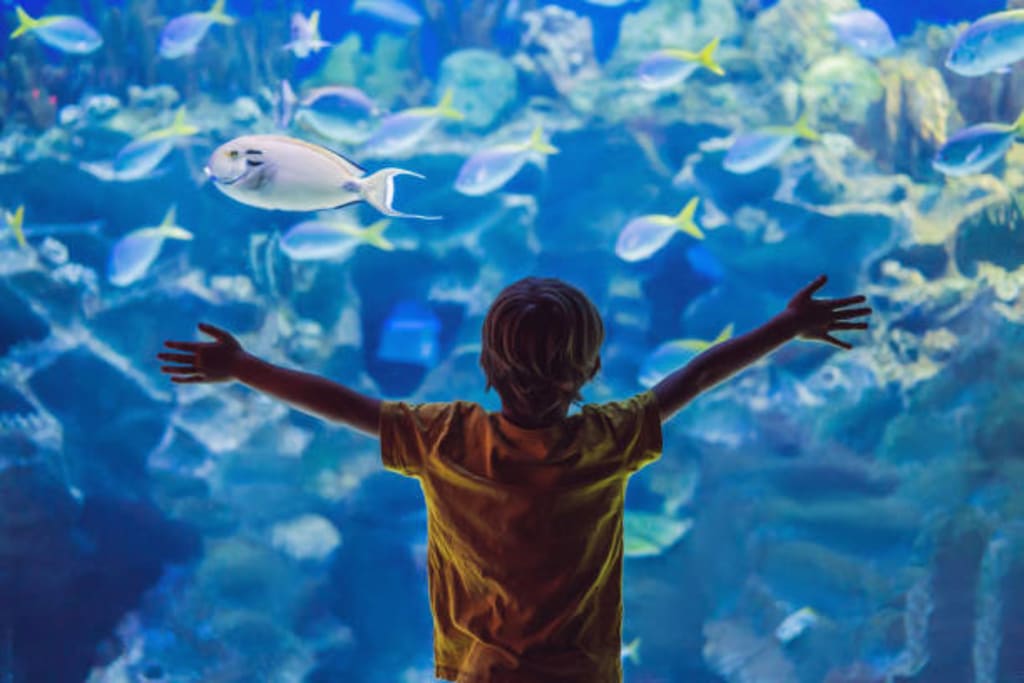An Identity Formed from Watery Memories
On the development of self from early childhood

For as long as I can remember I have been besotted by all things water, swimming, sea life, surf culture, and beachcombing. When I was six years old, my family had finished the house renovation; no more plastering and painting in the humidity of central Melbourne. Mum and Dad celebrated by taking us out for a ‘beach day’.
There I sat, bright fuzzy pool noodles spread beneath my booster seat, and my siblings squishing me from either side. In an attempt to keep me quiet my brother passed me a cherry from a paper bag and my sister played a Barbie movie on her iPad. The cool aircon blew into my face, drying the purple stains into my cheeks, and I sat quietly while our boogie boards rattled in the back. I was wearing my favourite ‘Dora the Explorer’ swimsuit in orange and pink, with a matching bucket hat that tied beneath my chin.
My brother and sister helped me up on top of the boogie board, they grabbed onto the attached ankle strap and dragged me into the water. Taking turns, they spun me in circles as the waves crashed into us. I remember laying back on the board and looking up to the sun, finding the rainbow halo that surrounded it. Often, I find myself thinking back to this day. When I do, I feel the joy stir within my stomach as if I was six years old again, playing in the water.
I am curious as to how these experiences have contributed to who I am today, and why specific memories about water have stuck with me. I’ve noticed that my fascination with aqua life etc. has stemmed from early childhood memories which entailed positive experiences with water.
I researched from psychological perspectives on how and why experiences become a part of our long-term memory. Neuroscientists have found that when an experience triggers you emotionally and physically, your memory will last longer depending on the strength of your sensory response. Furthermore, when an experience releases endorphin, our brain connects it to positive feelings, this leads us to naturally associate ourselves with similar experiences. My memories from ‘beach days’ with my family have developed a series of other positive encounters with things that involve water.
It started with a water tube toy, that had clownfish and turtles inside. Unfortunately, as much as I loved playing with the sparkling blue, squishy toy, I just wanted to squeeze until trapping the fish to one end. As you do at age seven. This meant that the tube would burst open everywhere, releasing its aquarium onto my bed sheets. The final straw occurred when the toy split open in mum’s handbag, soaking everything inside. Mum decided that I needed to find a new obsession when it came to water.
I was five years old when my mum took me to the Melbourne Aquarium. The water’s reflection spilled across the room, leaving blue patterns beneath our feet. Transparent jellyfish floated along the glass, glowing in neon pinks and greens. Moving ever so gently, I watched their tentacles drape behind them, curling and folding as they moved through the water. My body seemed to follow the fish, and my head swayed to the side as they did. Above me a stingray’s diameter cast a shadow over my body. I pushed my hands up as high as I could, attempting to hug the creature.
Triggering my sensory response, this experience has been part of my long-term memory. In year seven I learned what a marine biologist was, and it made me think back to the day of the Aquarium. Discovering how these memories have affected me and changed my personality has allowed me to understand who I am today. I’ve learned that my own fascinations with marine life and how wanting to be a marine biologist has stemmed from specific emotional attachments to my memories. Ultimately, our memories control our choices, belief systems and thought patterns.
From age 11 to 13, I swum for a local swim squad, I found the exercise liberating. In attempt to find my place and become more comfortable with my surroundings, I began swimming laps at a university’s gym daily. I felt the muscles in my body strengthen as I pulled myself through the pool lane. Unlike most exercise such as running, bike riding and the gym, I didn’t feel the tedious ‘I couldn’t be bothered’ every time I swum. Instead, i felt thrilled and I couldn’t wait to jump in the water. In a way swimming has been there for me throughout my life, acting as an emotional crutch.
Even as a teenager I find myself spending my free time by the sea. People my age spend their time enthralled in social media, sport and fashion. On a Friday night they go four-wheel driving up the back of whoop whoop with cans of JD’s trying to impress snapchat. I spend my Friday nights accompanied by the sea, listening to Hockey Dad, with a half-lit joint in my hand and my toes in the sand. I’ve found that over time I’ve seemed to have developed a companionship with the ocean that brings me comfort and relief.
From having positive memories with all things aquatic I have naturally and subconsciously associated myself with additional experiences around water: aspiring to be a marine biologist, and swimming professionally with a squad. This essay reflects how my personal memories have formed me. We all have the ability to allow our memories to seep through into our conscious mind, and to encourage further experiences which are positive. We can allow these positive memories to influence our thought patterns and our futures, much like I have done.
About the Creator
Bea
Unveiling the World Through My Words: As a passionate writer, I delve into the depths of various topics, from the enigmatic realms of science and technology to the intricate emotions that shape our human experience.






Comments
Bea is not accepting comments at the moment
Want to show your support? Send them a one-off tip.